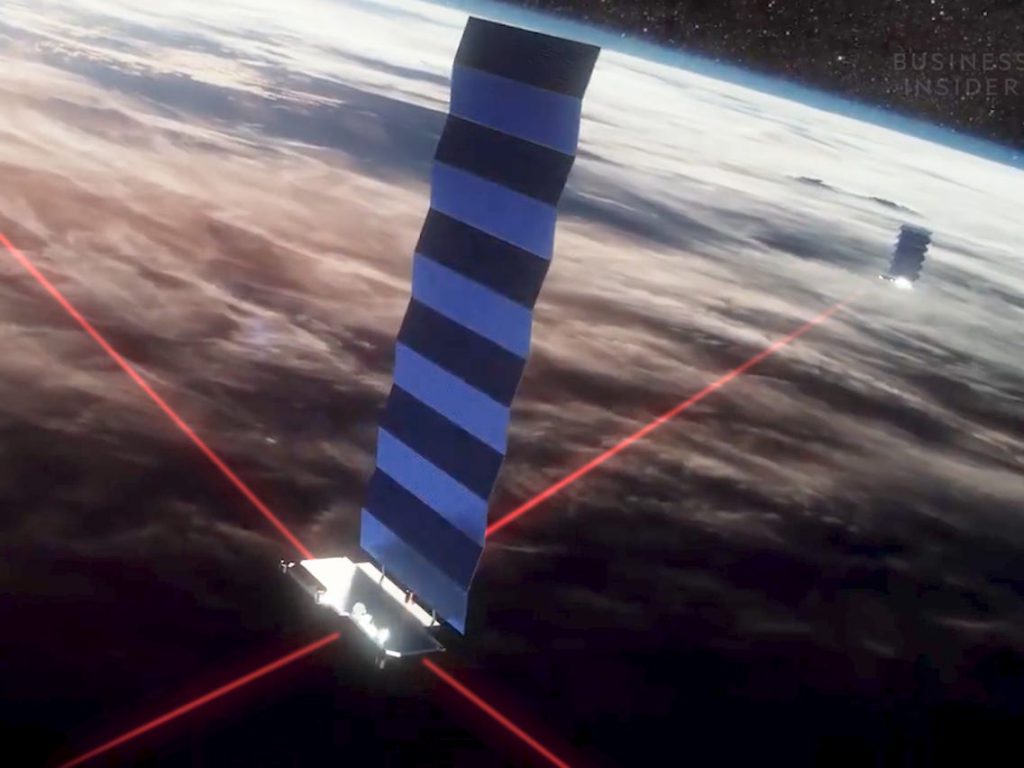Two “close encounters” between the Chinese space station and satellites operated by Elon Musk’s SpaceX prompted Beijing to accuse the US of irresponsible and dangerous behavior in space on Tuesday.
According to a report sent by Beijing to the United Nations space agency this month, Tiangong, China’s new space station, had to maneuver to avoid colliding with one Starlink satellite in July and another in October.
The accidents, according to the note, “constituted dangers to the life or health of astronauts aboard the China Space Station”
At a regular conference on Tuesday, Chinese foreign ministry spokesperson Zhao Lijian said, “The US… ignores its obligations under international treaties, posing a serious threat to the lives and safety of astronauts,”
Starlink, a SpaceX business, manages a network of almost 2,000 satellites aimed at providing internet connectivity to the majority of the planet.
SpaceX is a private American corporation that is unaffiliated with NASA, the US military and civilian space agency.
Members of the Outer Space Treaty — the cornerstone of international space law — are also liable for the activities of their non-government companies, according to China’s note to the UN.
Ned Price, a spokesperson for the US State Department, declined to comment on the Chinese charges when speaking to reporters.
“We’ve urged all countries with space programs to be responsible actors,” Price said, “to avoid acts that could endanger astronauts, cosmonauts, or others who are orbiting the Earth or have the potential to do so.”
A request for comment from SpaceX has gone unanswered.
According to Jonathan McDowell of the Harvard-Smithsonian Center for Astrophysics, evasive maneuvers to lessen the risk of collisions in space are becoming increasingly common as more objects join Earth’s orbit.
“We’ve really noticed the increase in the number of close passes since Starlink started getting deployed,” he told AFP.
According to McDowell, any collision would “completely demolish” the Chinese space station and kill everyone on board.
The core module of China’s station Tiangong — which means “heavenly palace” in English — was launched into orbit earlier this year and will be fully operational next year.
Beijing’s protest about Starlink spurred criticism of SpaceX’s billionaire creator Musk, who is immensely adored in China, on Chinese social media.
On the Twitter-like Weibo site, a hashtag regarding the matter had 90 million views on Tuesday.
One person remarked, “How ironic that Chinese people buy Tesla, contributing large sums of money so Musk can launch Starlink, and then he (nearly) crashes into China’s space station,”
Another Weibo user remarked, “Prepare to boycott Tesla,” reflecting a common Chinese reaction to international firms believed to be acting unethically.
